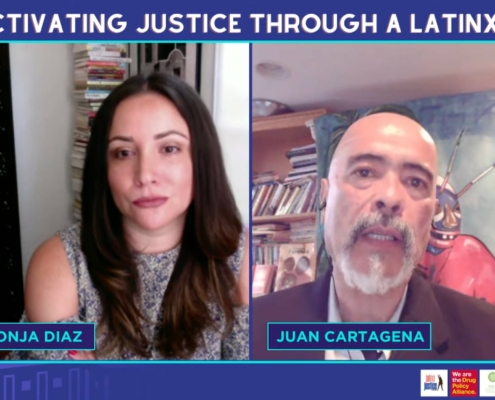
Activating Justice Through a Latinx Lens
What would our criminal legal system look like if it was…
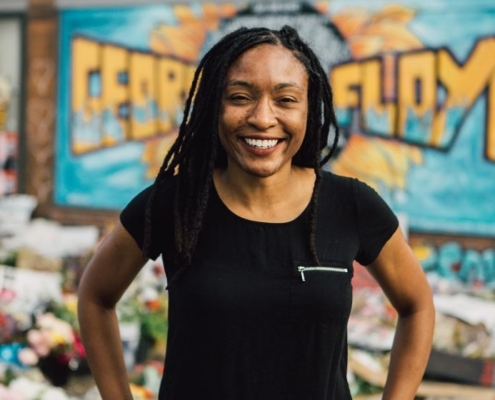
RSVP Now for the UCLA/Getty Program’s Distinguished Speaker Series Featuring Jeanelle Austin on June 4
Dr. Glenn Wharton
Chair, UCLA/Getty Program in the Conservation…

UCLA Big Data and Politics Seminar Series: The Prevalence and Sharing Patterns of ‘Fake News’ in the US in 2016 and 2020 on Friday, May 14
UCLA Big Data and Politics Seminar Series
The Prevalence and…

UCLA Big Data and Politics Seminar Series: Legislative Communication and Power on Friday, April 30
UCLA Big Data and Politics Seminar Series
Legislative Communication…
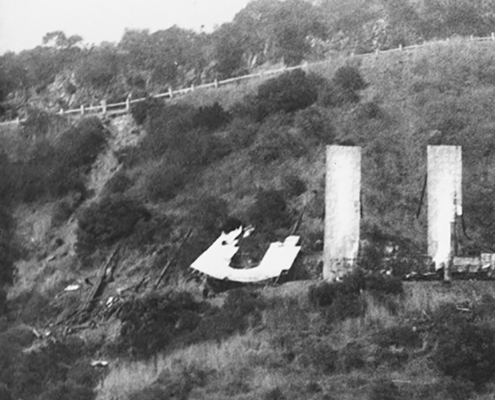
UCLA Professors Contribute to LA Mayor’s Office Civic Memory Working Group Report
In November 2019, LA Mayor Eric Garcetti's Office Civic Memory…
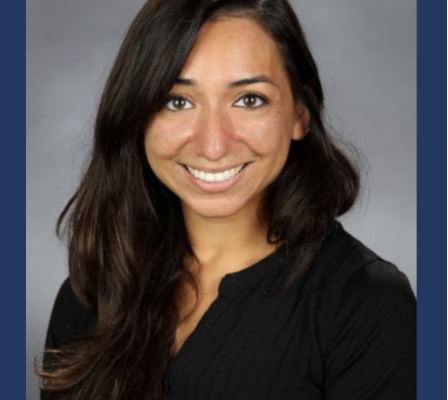
Dean’s Fund for the Study of Diversity and Racial Inequality Accepting Grad Student Applications
In light of the reawakened reckoning on racial justice issues…
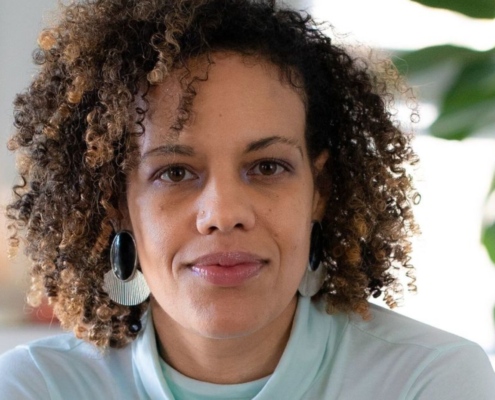
Professor Shana Redmond Elected American Studies Association President
Dr. Shana L. Redmond, UCLA professor in the departments of African…
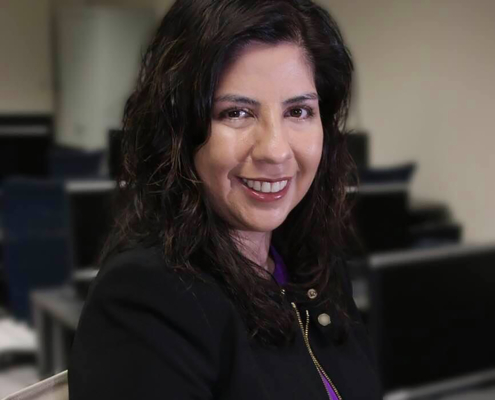
UCLA’s Dr. Ana-Christina Ramón Awarded $100,000 as Inaugural Latino Film Institute Scholar
Academy Award®-nominated actor Edward James Olmos announced…

UCLA Bedari Kindness Institute Supports the #JustSayHello Campaign and Challenge
The UCLA Bedari Kindness Institute (BKI) is supporting the…

Inaugural Seminar of the New U.S. Census Federal Statistical Research Data Center Series on 3/31
"The…

